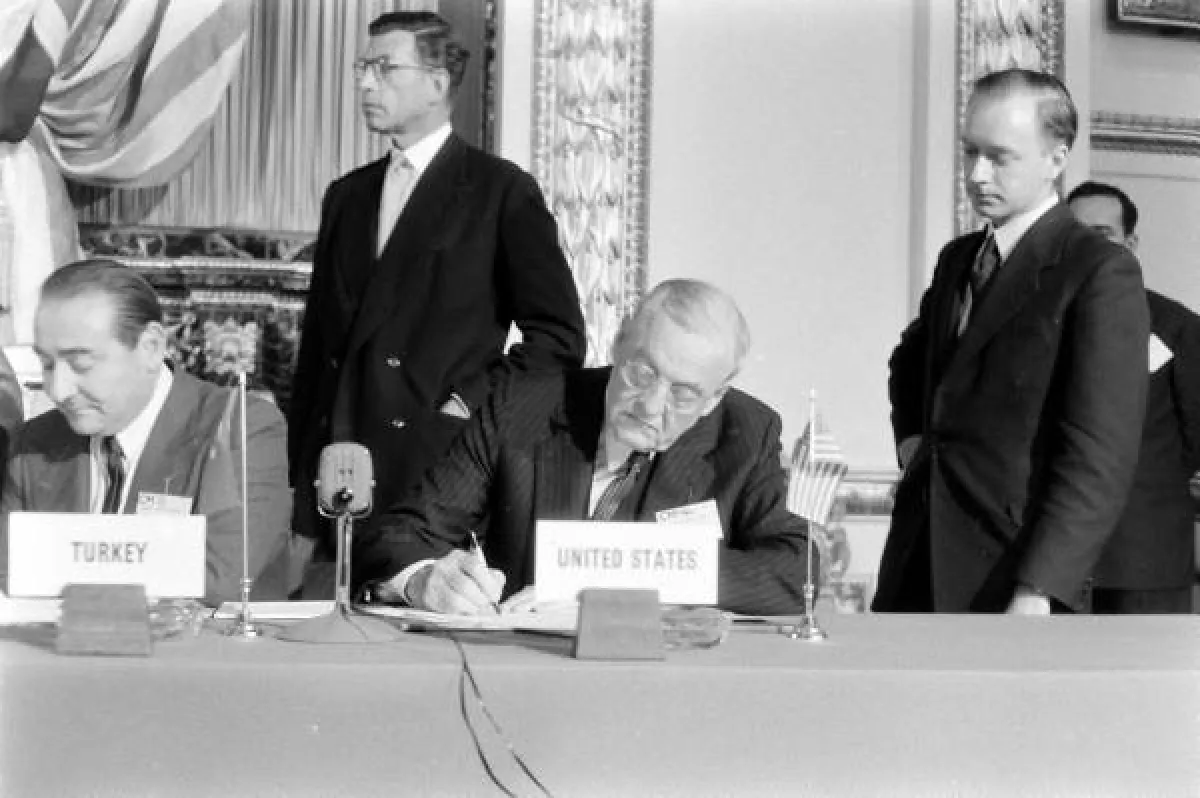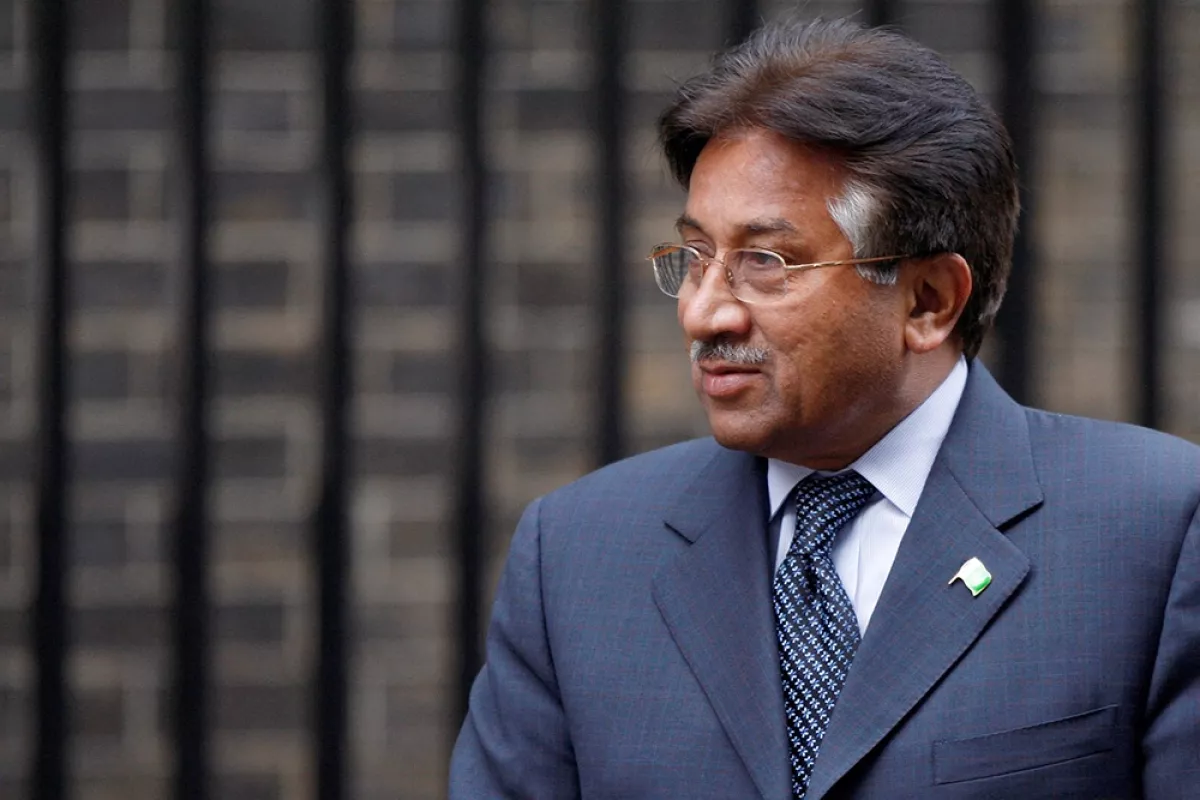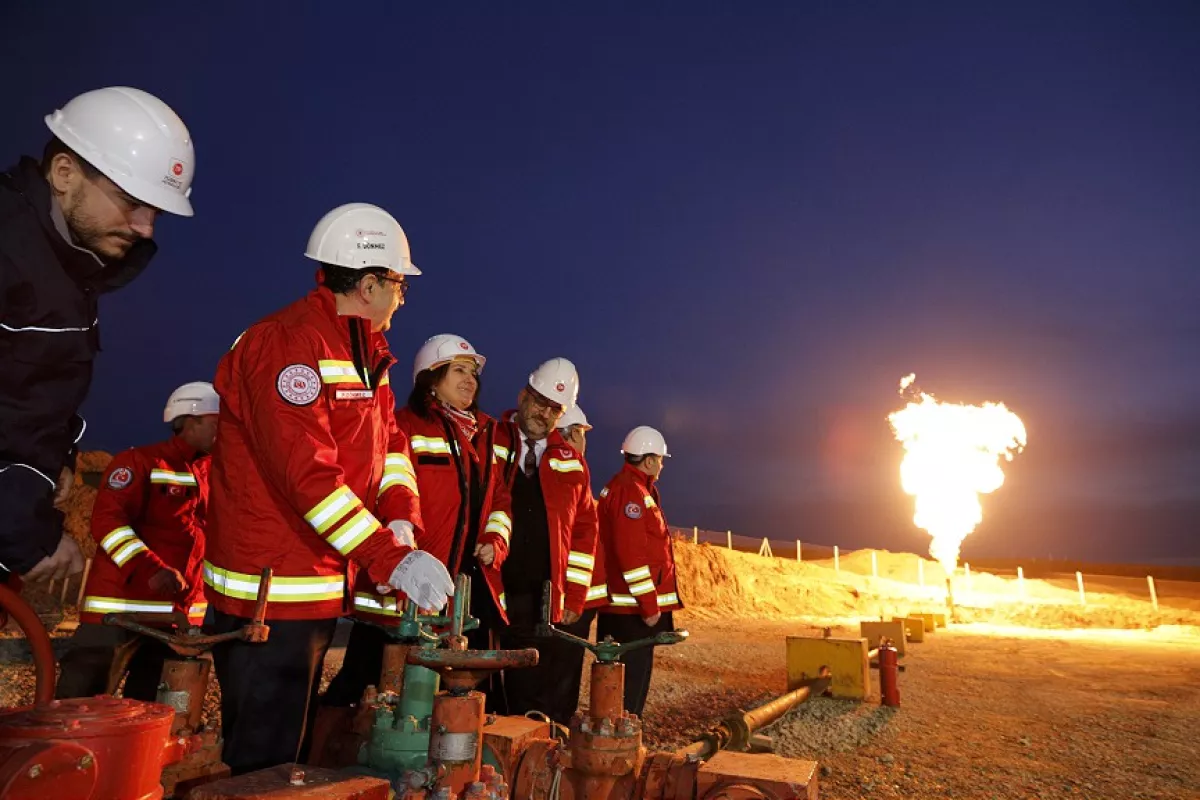The evolution of Türkiye-Pakistan relations Defence, trade, and energy cooperation
The relationship between Pakistan and Türkiye is an example of long-standing and stable ties that span over a century. As early as the beginning of the 20th century, Muslims of former British India looked towards the Ottoman Empire, whose sultan was regarded as the caliph of the faithful.
After Pakistan proclaimed its independence in 1947, Türkiye established diplomatic relations with the new country. The rapprochement between the two nations was further facilitated by the fact that during the Cold War, both states found themselves in the same political camp.

In 1964, Iran, Türkiye, and Pakistan established the Regional Cooperation for Development (RCD) organization, aimed at cooperation on issues where they could not rely on support from the West. For Ankara, this was the Cyprus issue, and for Islamabad, it was the potential American military assistance to India.
According to Pakistan's President Ayub Khan, the RCD was meant to be a turning point in the history of Islam and clear the way for more fruitful cooperation among all Muslim countries—from Morocco to Indonesia. However, the Regional Cooperation for Development was eventually dissolved in 1982.
In addition to their foreign policy ties, Türkiye and Pakistan experienced similar domestic political processes. From the mid-1980s onward, both countries gradually moved away from military dictatorship regimes and began focusing on democratic political development.
In 1988, the Turkish-Pakistani Protocol was signed in Islamabad, which envisaged expanding cooperation in the fields of industry, agriculture, technology, civil aviation, telecommunications, petrochemicals, healthcare, and technical and scientific cooperation. Both sides agreed to strengthen contacts in the areas of education and culture. At the same time, Türkiye began modernizing Pakistan's tanks and started supplying anti-aircraft ammunition.

The breakthrough in relations between the two countries began after Pervez Musharraf came to power in Pakistan in 2001. Musharraf had spent part of his childhood in Türkiye, and upon becoming head of state, he repeatedly emphasized that he viewed Türkiye as a model of a modern state structure. The rapid development of relations between the countries was reflected in numerous official visits.
Musharraf visited Ankara for the first time as president in November 1999. Turkish President Ahmet Necdet Sezer made a reciprocal visit to Pakistan in October 2001. Turkish Foreign Minister Abdullah Gül visited Pakistan in May 2003, and Prime Minister Recep Tayyip Erdoğan visited Islamabad in June 2003. On this trip, Erdoğan was accompanied by 110 businesspeople, which demonstrated Türkiye's willingness to elevate economic cooperation with Pakistan. Memoranda were signed on issues such as road transport, combating drug trafficking, and environmental protection.
In January 2004, President Musharraf of Pakistan made history by addressing members of the Turkish parliament for the first time ever.
In recent years, at the UN podium, Pakistan and Türkiye have repeatedly offered each other mutual support on key international issues such as Northern Cyprus, Kashmir, and Azerbaijan’s Karabakh region.
In addition to sharing common positions on major global matters and ideological affinity, Türkiye and Pakistan enjoy close economic ties that continue to grow year by year.
With a population of 240 million and an average age of 27, Pakistan represents a vast market for Turkish goods. Turkish construction giants and defence firms enjoy competitive advantages in the country.
In 2024, the volume of bilateral trade between the two countries reached $1.4 billion. Trade delegations from Pakistan and Türkiye regularly exchange visits, during which steps are taken to expand economic cooperation and attract investment.
As part of military cooperation, Türkiye signed deals worth $1.5 billion in 2018 to supply Pakistan with attack helicopters and four corvettes for the Pakistani Navy. Türkiye also assists in maintaining Pakistan’s fleet of F-16 fighter jets. There are reports of cooperation between Ankara and Islamabad in the field of nuclear energy, given that Pakistan is a nuclear-armed state.
The two countries are also actively developing cooperation in the extraction of traditional energy resources. Recently, Türkiye’s national oil company TPAO and three Pakistani oil and gas companies submitted a joint bid to participate in a tender for oil and gas exploration.

The agreement was reached during the visit of Turkish Minister of Energy and Natural Resources Alparslan Bayraktar to Islamabad. According to him, the deal marked “another step toward deepening the energy partnership between Ankara and Islamabad.” The tender for offshore oil and gas exploration in Pakistan is scheduled to be announced on June 30, 2025. On the Pakistani side, the companies Mari Energies, OGDCL, and PPL will participate in the project.
Cooperation between Türkiye and Pakistan remains stable and holds strong potential for further development. However, it has raised concerns among other regional powers—most notably India, Islamabad’s traditional rival. There is also a degree of unease in certain circles in the United States, where fears persist about the possible leakage of American military technologies to Pakistan. Nevertheless, with global attention largely focused on the policies of the new U.S. administration, there is little reason to expect serious resistance to the ongoing Turkish-Pakistani rapprochement.








